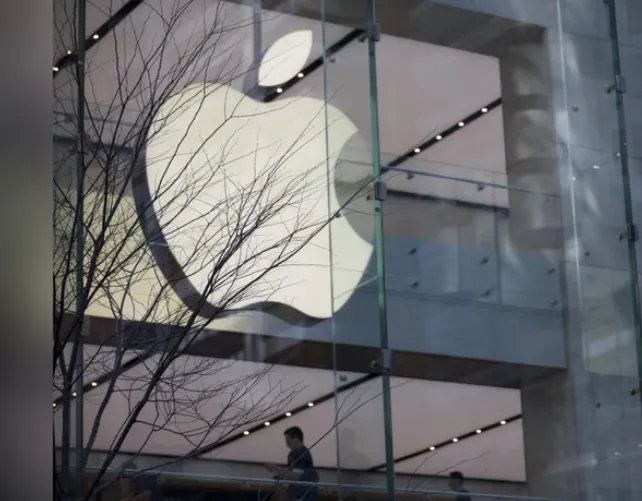For years, Apple has been called out for trailing Samsung and Google in the artificial intelligence race. While Samsung showcases Galaxy AI across its flagship phones and Google promotes Gemini in the Pixel 10, Apple has moved at a more deliberate pace. Its next step, Apple Intelligence, is expected to arrive with iOS 18, but major Siri upgrades have been slower to materialize.
Yet, a recent CNET and YouGov survey suggests that Apple’s restraint may not be a weakness at all. Only 11% of U.S. smartphone shoppers say AI features influence their decision to upgrade—a decline compared to last year. Instead, buyers are far more concerned with the basics: 62% prioritize cost, 54% put battery life first, 39% care most about storage capacity, and 30% focus on camera performance.
This data paints a clear picture of consumer priorities. People want devices that are affordable, durable, and practical, not just loaded with flashy software. Apple’s recent releases reflect this demand. The iPhone 16e was designed with value in mind, while the iPhone 16 Pro Max delivered stronger battery performance and camera improvements. Even rumors of a thinner iPhone 17 Air haven’t gained much traction, with just 7% of buyers saying design slimness matters.
The survey also highlights limited enthusiasm for AI tools already on smartphones. Only a small fraction of users employ them regularly: 13% use AI to summarize text, 8% to generate images, and 7% to edit photos. Surprisingly, about one in five admit they don’t know how to use their device’s AI capabilities at all.
This disconnect between tech marketing and actual consumer behavior plays directly into Apple’s strategy. Instead of rushing to pack iPhones with experimental features, the company continues to emphasize privacy, reliability, and day-to-day usability. Apple’s cautious timeline means it can introduce AI only when it feels truly useful—without asking customers to pay extra for something they’re not demanding.
In a market where trust and practicality matter more than hype, Apple’s approach may prove to be the smarter long game. By putting price, battery life, and dependability ahead of AI buzzwords, the company is aligning with what most smartphone buyers actually value.
